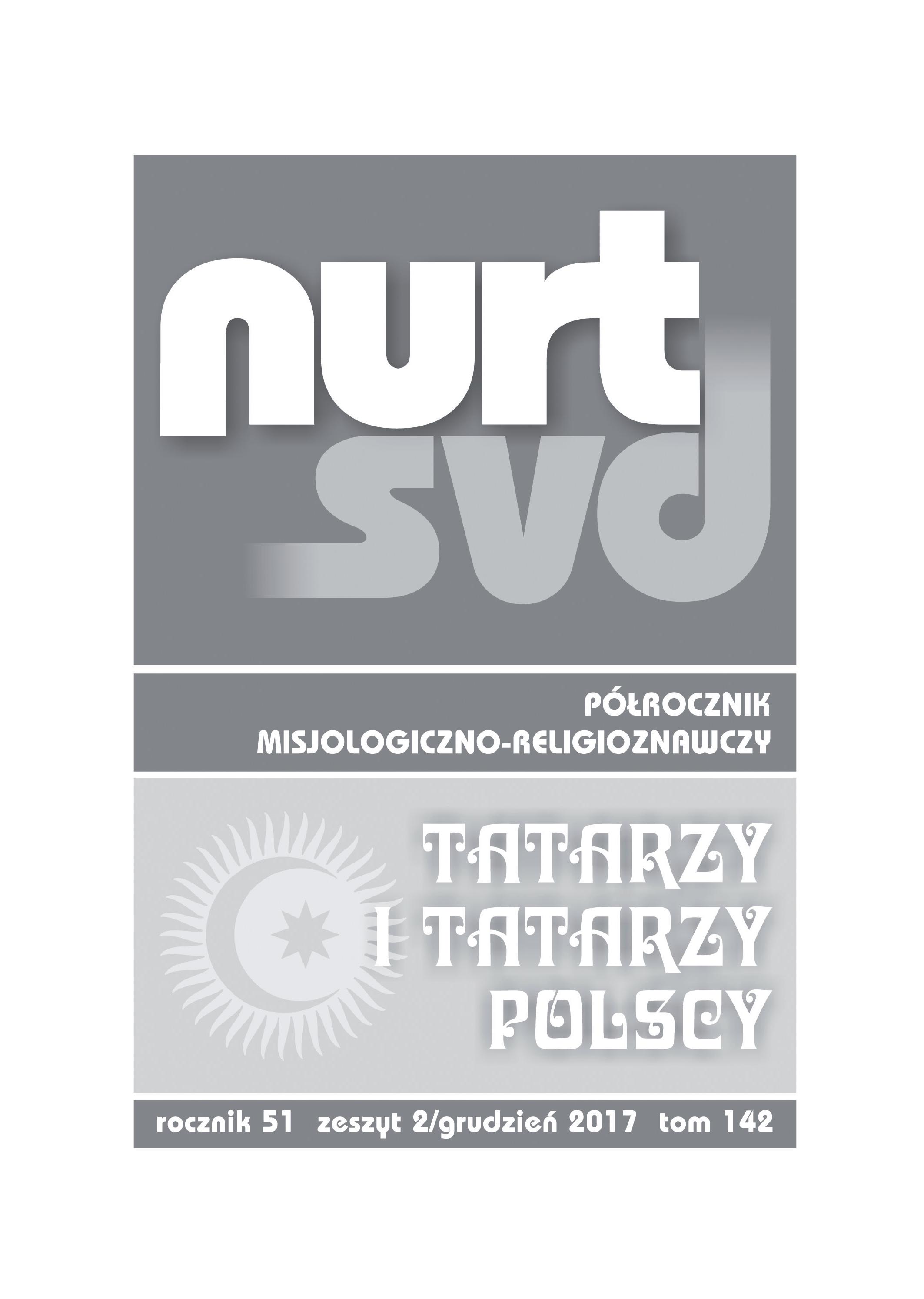Polityka państwa liberalno-demokratycznego wobec religii
The policy of the liberal democratic state towards religions
Author(s): Karol JasińskiSubject(s): Islam studies, Religion and science
Published by: Verbinum
Keywords: liberal democracy; religion; politics; morality; public sphere;
Summary/Abstract: The author of this article discusses the policy of the liberal democratic state towards religions (especially Christianity). In the first part, the author describes various relationships between religion, democracy and liberalism, their respective origins and institutions. He draws attention to the Christian sources of the latter and religious elements present in democracy (moral and communal dimension of life, separation of “unpolitical” and political spheres, religious activity). He points to the religious context of liberalism and its attitude to religion (religion as the school of morality, cooperation in defense of human rights) and the tension between them (the existence of truth and common good). In the second part of the article, the author presents the main characteristics of the liberal policy of the state towards religions in accordance with the three basic rules of freedom, tolerance and separation of the state and religion. Liberal policy is conducted in the atmosphere of the pluralism of the worldviews, their conflict and desire for harmonious coexistence. Liberalism is a political theory aiming at ensuring harmonious coexistence of many beliefs and concepts of good life, preservation of impartiality in the political sphere and elimination of any monopolistics worldviews. Religion belongs to the private sphere of man’s life, which has personal and social dimension. Religion is especially present in the public sphere and in the civil society.
Journal: Nurt SVD
- Issue Year: 142/2017
- Issue No: 2
- Page Range: 283-302
- Page Count: 20
- Language: Polish

